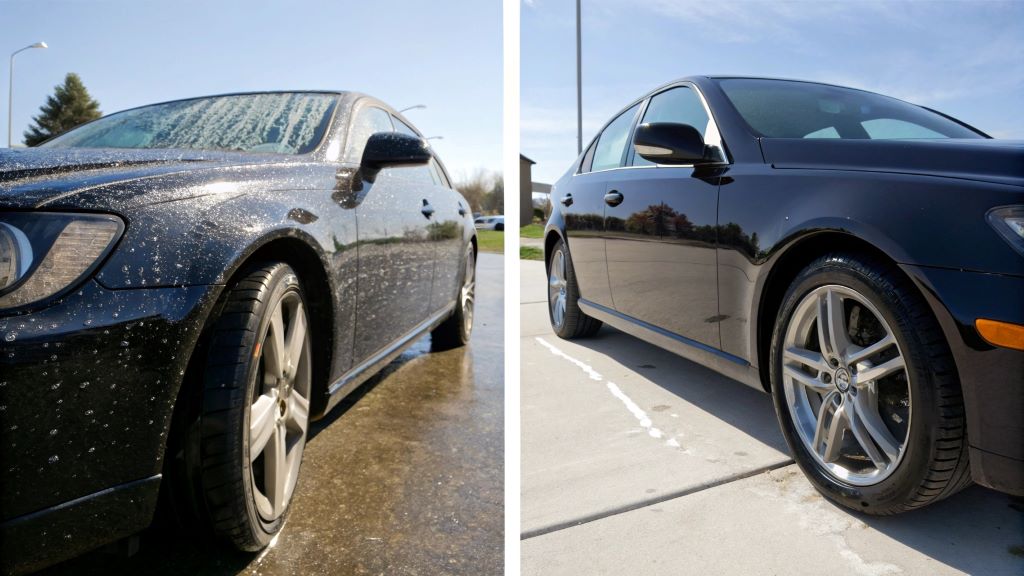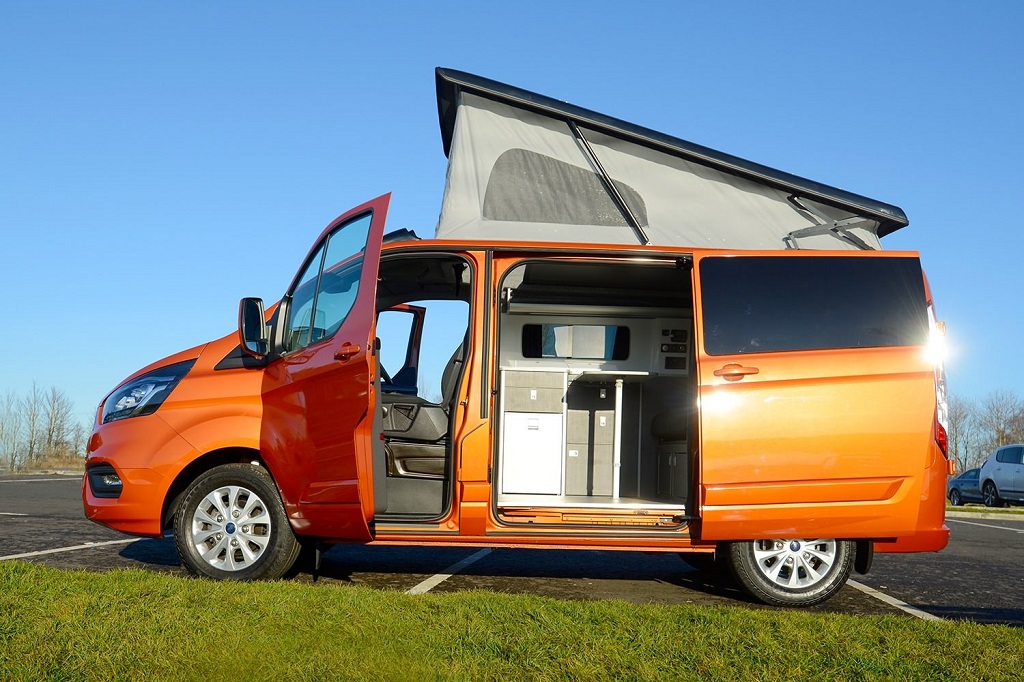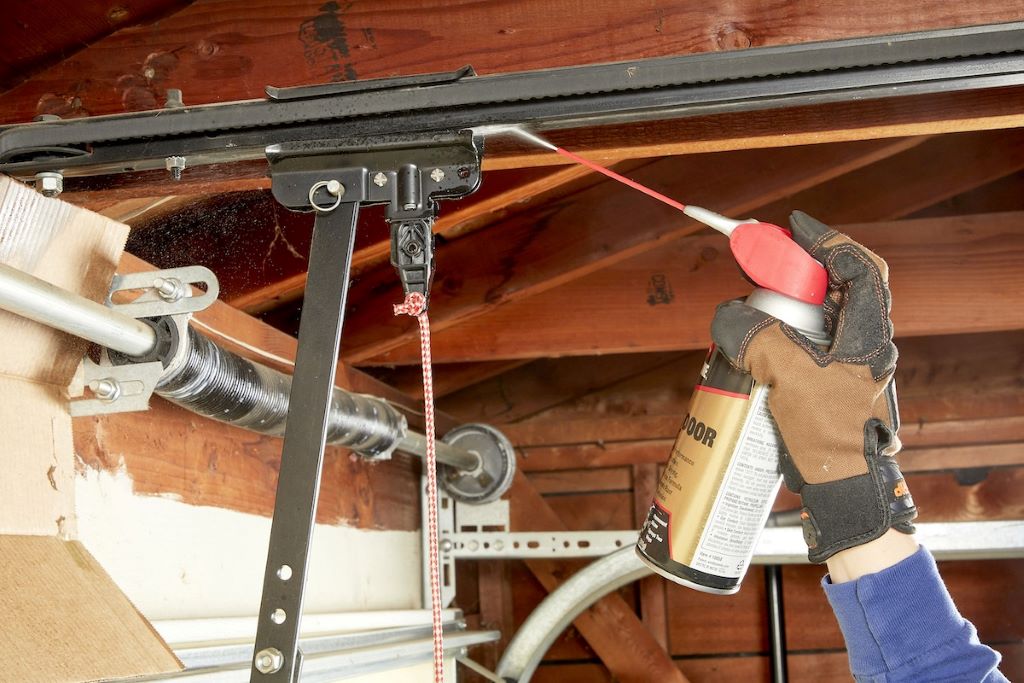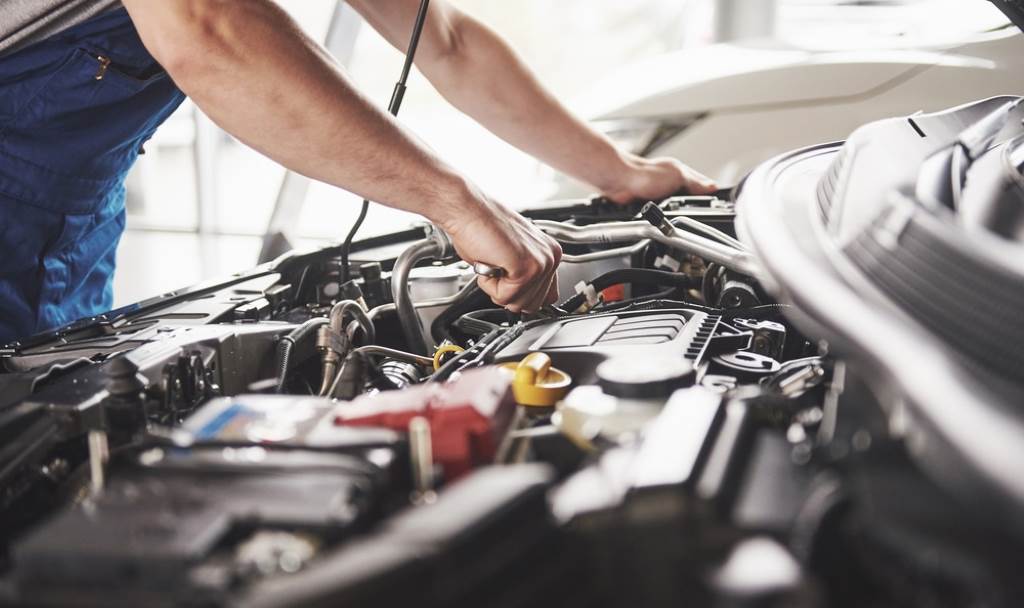SUVs are notorious for using up a lot of gasoline. But, there are ways to tame their gas-guzzling attitudes. So, here are a few ways you can raise their mileage and get more out of your tank.
Get A Hybrid
One of the best moves you can make, as a potential SUV owner, is to buy a hybrid vehicle. If yours isn’t, consider trading it in. Hybrid-electric vehicles combine a traditional gasoline engine with an electric motor. The electric motor can be charged via braking (heat exchange), the gasoline motor, or other systems in the car that generate heat. Some of the most advanced technologies in the industry use either:
- Regenerative braking
- An electric motor drive or assist
- Automatic start and shutoff of the engine
Regenerative braking uses an electric motor to apply resistance to the drivetrain, which causes the wheels to slow down. As a result, the energy from the wheels turns the motor, which acts like a generator and converts energy which is normally wasted during coasting and braking into electricity. This electricity is stored in a battery until it’s needed by the electric motor.
A lot of these systems use the electric motor in city driving, where torque and horsepower needs are low, especially in stop-and-go traffic.
An electric motor assist provides additional power to the gasoline engine when accelerating, passing, or climbing a hill. This reduces the amount of gasoline needed to power the vehicle. These systems are almost always combined with regenerative braking so that the electric motor is powering itself through vehicle coasting and braking.
Automatic engine starts and shutoffs conserve fuel. When the vehicle comes to a complete stop, the system shuts the engine off. When the driver presses on the gas pedal, the engine instantly starts up again.
Go Turbocharged
Another way to improve fuel economy is to add a turbocharger to your engine, and tune it for fuel economy. Many people wonder “why buy an Explorer” – this is a major reason why. Ford’s new ecoboost uses turbos to improve fuel economy.
The system uses spent exhaust gasses to power a small turbine. This turbine powers a compressor wheel, which compresses air and then forces that air into the motor for a more complete burning of fuel.
The result is improved fuel efficiency.
Buy A Smaller SUV
Large SUVs tend to come with larger motors. These larger engines use up more gasoline. Solution: buy a smaller SUV. Compact SUVs still get you to where you want to go, but they don’t use up the gasoline that a full-sized vehicle will. On average, you can expect a bump from 12 MPH (for a full-size) to between 20 and 25 MPG (for a compact SUV).
Pay More Attention To Your Tire Pressure
Tire pressure plays a crucial role in fuel economy. But, in SUVs, the effect is magnified due to the size of even the compact versions. Expect an improvement of 25 percent if you inflate your tires to the proper PSI and keep them there (this is presuming that your tires are chronically underinflated).
Kyle Marshall has acquired some good technical skills through his work in the auto industry. He enjoys sharing his insights online and writes regularly for a number of different websites.








